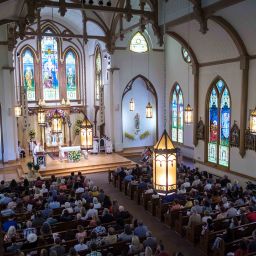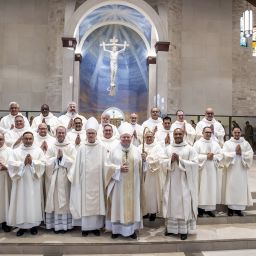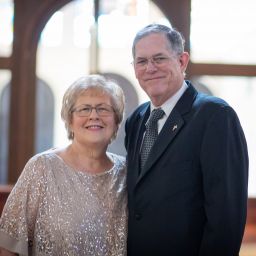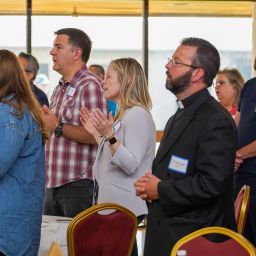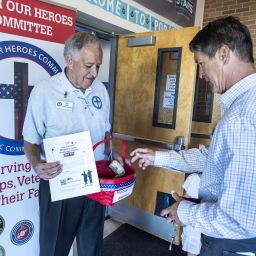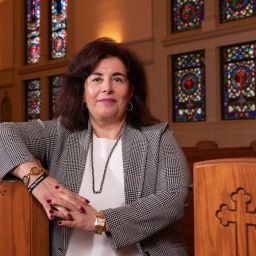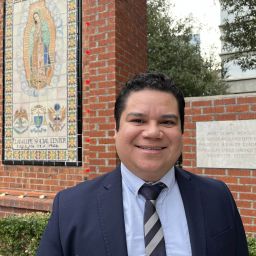By Bishop Greg Kelly
Special to The Texas Catholic
When growing up in Colorado Springs, my mom introduced a practice one year in Advent to help me and my four siblings prepare for Christmas. For a house with five small children, it was also a form of crowd control, I’m sure. My mother was good at that. She gave me and my four siblings each a small box, the size Christmas cards come in, and covered them with tin foil. For every good deed that we did during Advent, we could place in the box a couple strands of plastic green grass from Easter baskets. The idea was by Christmas we would have a good soft place to lay an image of the Christ child. A way of preparing us spiritually for his coming.
As adults how is that to be done? How do we prepare for Christmas? We are preparing not simply to remember with devotion a long-ago birth in a manger or a childhood memory of innocence. Rather, to know that the risen Lord is with us, calling us close to him so that we may encounter him and receive again his offer of mercy and new life.
One of the privileged places of encountering Jesus is in the Sacrament of Reconciliation, Confession. In order to approach him in Confession, we have to turn and face the very things in our hearts that are most unworthy of him, that we would prefer to hide from him, and hide from ourselves, the sins and patterns of sinfulness that weigh on us, and burden our consciences, make it feel as if the Lord is far from us, disappointed in us, even given up on us.
However, to turn and to think about our sins, to experience remorse and contrition, to want to do and to be better, is already a sign of the presence of the Holy Spirit, turning our hearts back to God. To walk into the confessional or reconciliation room at the parish and say out loud to a priest what you would most like to hide or to have go away on its own, is itself an act of courage and humility. As a confessor, this is what is most evident to me: this a person trying to grow, trying to come close to the Lord, be forgiven and leave his or her sins behind. It is humbling and very moving to me to be a witness to this and to have been called, even with all my sins and my own unworthiness, to be an instrument of God’s forgiveness for the person in front of me, to be able to speak to them words that effect what they say: the person is absolved of their sins, freed from them, able to move forward to be the person the Lord calls them to be.
This is an excellent way of preparing for Christmas, to come home for Christmas, to put faith in the presence of the risen Lord, who came to call sinners, to seek out and save those who are lost, and who renews his call: Come, follow me.
God, who is rich in mercy, because of the great love he had for us, even when we were dead in our transgressions, brought us to life with Christ (by grace you have been saved), raised us up with him, and seated us with him in the heavens in Christ Jesus, that in the ages to come he might show the immeasurable riches of his grace in his kindness to us in Christ Jesus. For by grace you have been saved through faith, and this is not from you; it is the gift of God; it is not from works, so no one may boast. For we are his handiwork, created in Christ Jesus for the good works that God has prepared in advance, that we should live in them. Ephesians 2: 4-10
Most parishes in the diocese, in addition to their usually-scheduled times for Confessions, will have Confessions on Wednesday, Dec. 14, and Wednesday, Dec. 21, as part of the Diocese of Dallas Christmas Come Home. This initiative is to provide ample opportunities for the faithful throughout the diocese to come to Reconciliation. Visit www.cathdal.org/comehome to learn more and check parish websites for additional information.
Bishop Greg Kelly is the auxiliary bishop of the Diocese of Dallas.






